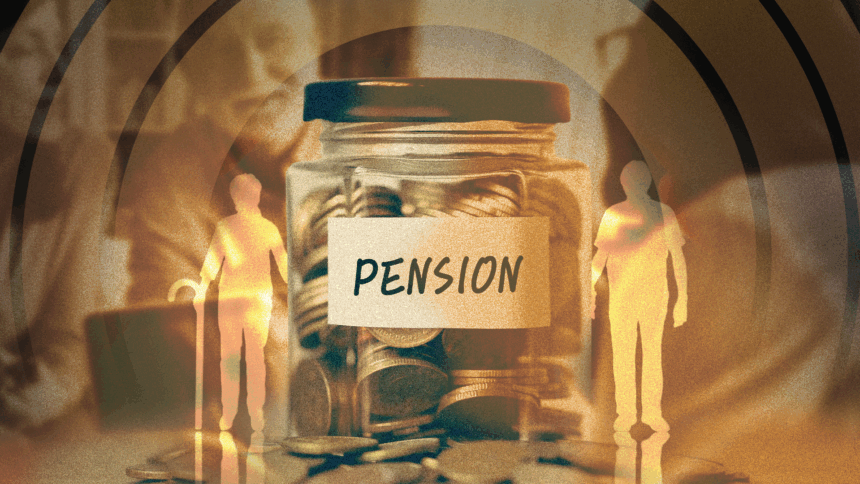The Philippines’ pension system has long faced issues that raise concerns about its sustainability and fairness, especially for the beneficiaries that are mostly the elderly.
From low monthly payouts and delays to inefficiencies in processing benefits, many retirees struggle to make ends meet despite years of hard work.
These lapses not only affect the quality of life FIlipinos but also highlight the deeper problems in how the system is managed and funded.
Extreme underfunding
During a House committee on government enterprises and privatization, Social Security Service Chief Actuary Edgar Cruz iterated that the pension funds are seen developing over PHP4 trillion worth of ‘unfunded liability.’
By 2039, the SSS state-run pension fund is expected to face difficulties, where the insurance program is expected to pay more benefits and collect less from members.
According to Cruz, SSS in the Philippines lacks financial resources, only relying on the current contributions to pay for the current benefits of pensioners.
As of 2023, SSS holds PHP700 B worth of reserved funds, however, it may also shrink due to demographic shifts.
SSS UMID card issue
Starting in 2017, SSS Unified Multi-Purpose Identification (UMID) card release and distribution have been delayed because of high-temperature problem issues from the Central Verification System (CVS) which double-checks biometrics.
However, despite having almost 6 years of delaying the releases, the deadline for claiming the UMID cards for SSS members is on December 29, 2023 for those who have applied from August 2017 to December 2020.
Once exceeded the deadline, unclaimed UMID cards will be disposed of based on SSS’ retention policy, including those that the Philippine Postal Corporation returned to SSS after two unsuccessful delivery attempts.
Until now, most UMID cards are still not distributed to the respectful SSS members and pensioners.
‘Worst’ retirement income systems
As of 2022, based on the report of the Philippine Institute of Development Studies (PIDS), SSS only provides a monthly pension of approximately PHP 5,000–18,000 to pensioners, which can be considered insufficient with the increased medical costs and lifestyle expenses.
According to the Mercer CFA Institute Global Pension Index (MCGPI), the Philippines was named as the third worst retirement income system, ranking 45rd out of 48 nations with an overall score of 45.8, which is lower than its score of 42.7 score last 2021.
Mercer-CFA institute also cited that the Philippines has its major weaknesses and omissions that must be addressed, where if these concerns and improvements are neglected, the pension system efficacy and sustainability are in doubt.
These improvements and concerns include increasing the minimum level of support, increasing coverage of employees in occupational pension schemes, setting aside funds in the public system for the future, introducing non-cash-out options for retirement plan proceeds to be preserved for retirement purposes, and improving the governance requirements for the private pension system.
Calls for an improved pension system
SSS-GSIS Pensyonado Party-list believes that a secured increased monthly pension can provide a comfortable and dignified standard of living.
According to the party-list, they also believe in partaking in distributing equal pension benefits for both SSS and GSIS pensioners to eliminate the discrepancies that currently exist between government and public sector benefactors.
The party-list also aims to lower loan interest rates by 5% every year to give members financial relief and make loans more affordable for fostering a ‘financially inclusive community.’
However, most pensioners argue that despite paying more, they collect less benefits, and some others do not receive any benefits at all due to delay.








